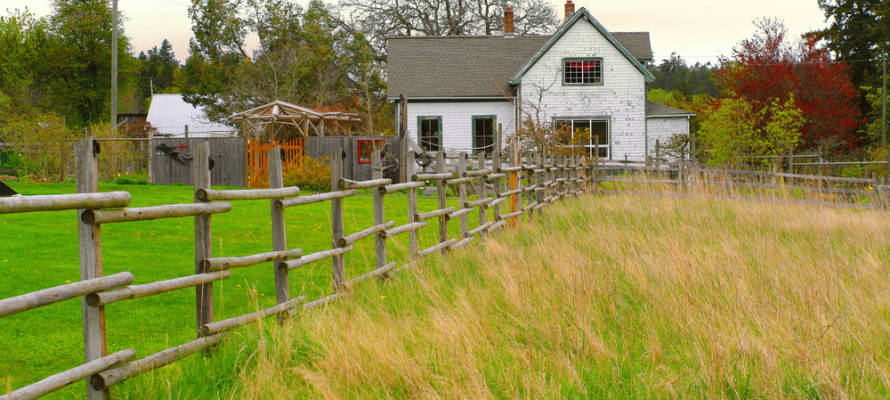
By Rabbi Ari Enkin, Rabbinic Director, United with Israel
This week’s Torah portion is Maasei (Numbers 33:1- 36:13), and with it, we conclude the Book of Numbers.
Maasei focuses in great detail on the wandering and camping sites of the Jewish people as they made their 40-year trek to the Land of Israel. As this Torah portion takes places during the last days of Moses’ life, we also find some “last minute” laws that Moses taught the Jewish people, especially those that relate to the imminent entry into the Land of Israel. One relates to the “Levitical Cities,” also known as “The Cities of Refuge,” where one who killed someone unintentionally would be able to safely flee and live in protection from any acts of revenge by surviving family members.
The status of the unintentional murderer in Judaism is very unique. Although the act of homicide was unintentional, the Torah still considers the person to be guilty of negligence and of not doing enough to look out for the welfare of others. While in the City of Refuge, the unintentional murderer is meant to contemplate and change his or her ways for the better and to become more sensitive to the needs of others. This is part of the reason why the Levites administered these cities; they were the spiritual leaders and role models for the entire nation. A person who needed spiritual “healing” went to live with the spiritual “doctors” who would solve the problem.
But here’s something odd: Moses designated six such cities of refuge. Three of them were located in the Jordan, and three were located in Israel proper. Initially, it may seem reasonable and fair, but then again, Israel proper was home to nine and a half of the twelve tribes of Israel. Only two and a half tribes lived in Jordan! As such, we see that the ratio of Cities of Refuge vs. Population was radically out of proportion. Why did Jordan require the same number of cities of Refuge when very few people were living there?
The Power of Social Environment
It is explained that the reason for this was, frankly, because those who lived in Jordan needed them. There were more homicides in the Jordan with the two and a half tribes than there were in Israeli proper where nine and a half tribes lived. The people there were less sensitive to human life and the needs of others.
Another interpretation goes as follows. It is explained that the problem was not a greater number of homicides, but rather, an extra measure of desire to avenge them. Since those who lived in Jordan were less sensitive to others, it was far more likely that an unintentional murderer would be pursued by a surviving family member seeking revenge. The Torah therefore provided the unintentional murderer with greater and quicker access to a city of refuge.
The underlying message of the unintentional murderer and the city of refuge is that we are heavily influenced by our social environment. The many harmful influences out there can easily cause us to lose our sensitivity to Torah values in general and care for others in particular. This is why it is of utmost importance that our families and homes are bastions of light, joy and morality. These values must permeate the air and be imprinted on our children. We must make our homes “Cities of Refuge” from the prevailing immoral culture that surrounds us.
For more articles by Rabbi Ari Enkin on this week’s Torah portion, click on the links below:
https://unitedwithisrael.org/living-torah-dont-make-the-gad-and-reuben-mistake/
https://unitedwithisrael.org/living-torah-in-every-challenge-search-for-a-blessing/
https://unitedwithisrael.org/living-torah-keeping-your-word/
https://unitedwithisrael.org/doing-your-part/
https://unitedwithisrael.org/journey-to-israel/
Send Passover Packages to Needy Israeli Soldiers - Bring Them Joy!
We are honored to thank the young men and women of the IDF who risk their lives every day to protect the citizens of Israel. Since October 7th, soldiers have been on the battlefield for months - many are hoping to come home for Passover.
Join us in sending Passover food packages (and personal notes) to Israeli soldiers and their families.
Many soldiers spend the Passover holiday with needy families back home. The soldiers greatly appreciate your love and concern. Bring them Passover joy!
CLICK HERE TO SEND YOUR PACKAGE AND NOTE TO ISRAELI SOLDIERS!




